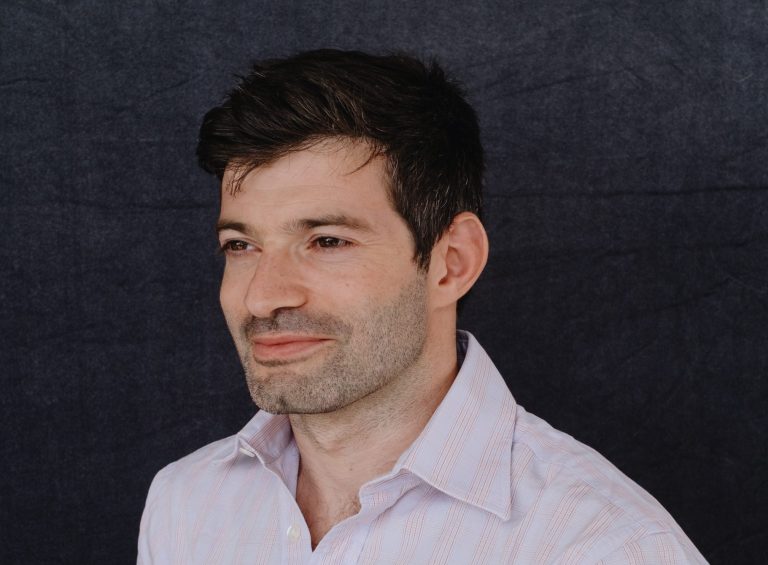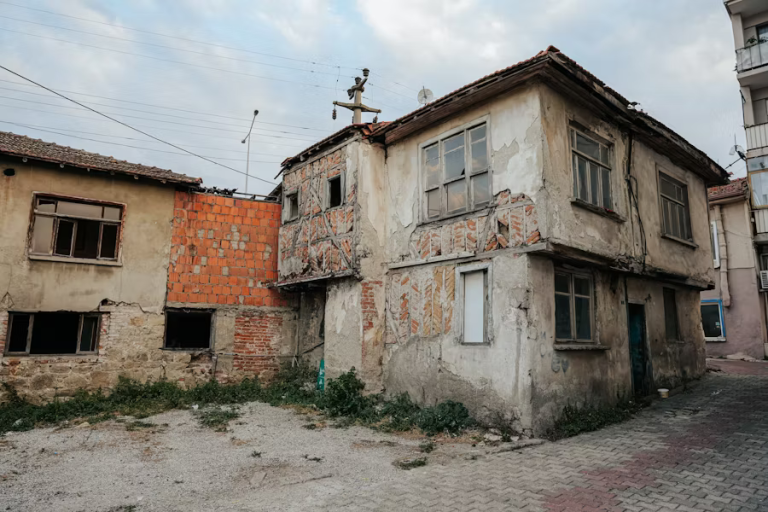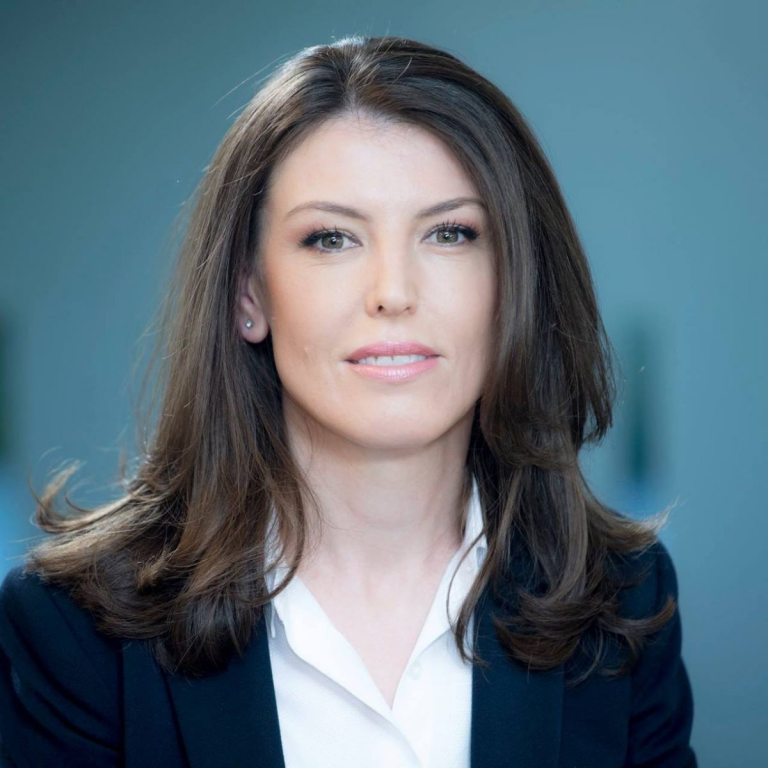Episode 328: Food Security and Systemic Resilience: National Preparedness in Globally Integrated Food Systems with Professor Tim Lang
In this episode of The International Risk Podcast, Dominic Bowen speaks with Professor Tim Lang about the systemic risks facing global food security and how interdependent global supply chains, energy markets, and trade governance shape national resilience. The discussion highlights how domestic food insecurity is rarely confined within national borders: disruptions in production, logistics, or…






